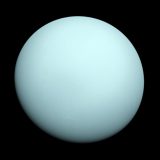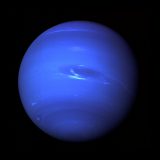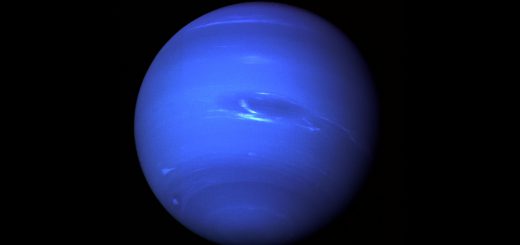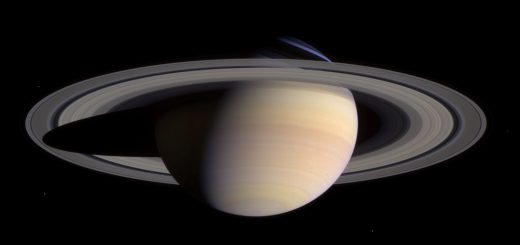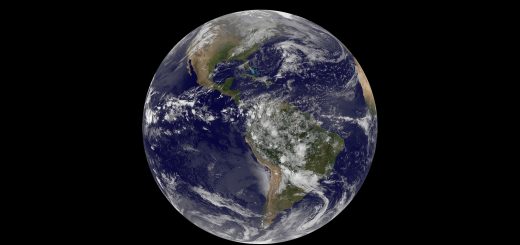What do the planets’ names mean?
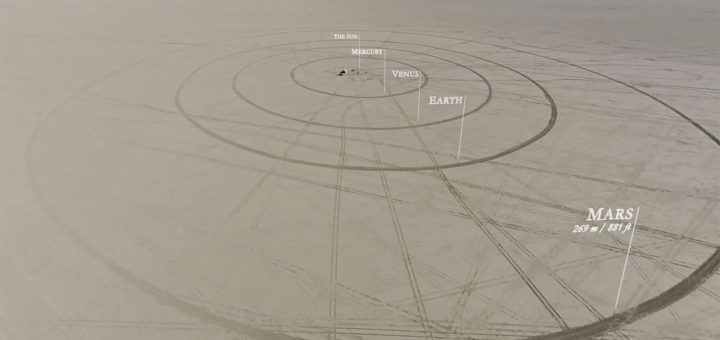
With light pollution, busy lives, and more entertainment than we could ever conceivably watch, we, modern humans, just don’t look up at the night sky like we used to.
For those of living in big cities, the night sky is limited to the moon and some bright stars. At least two of these stars are actually likely to be planets, Venus and Mars.
With Pluto being kicked out of the planet club in 2006, there are now just eight fully fledged planets in our solar system.
In the following articles we find out who the planets were named after, as well as a few interesting facts. As all but two of the planets were known to humanity since ancient times, it’s unsurprising that their modern names are actually derived gods that have now fallen out favour, specifically those from the Roman Empire and Ancient Greece.
Header image: Screencap from To Scale: The Solar System by Wylie Overstreet and Alex Gorosh.
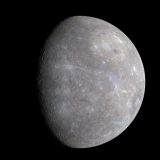
Mercury
Mercury is the closest planet to the Sun, and has the shortest year, so it's appropriately named after the Roman messenger god, Mercurius.
Read more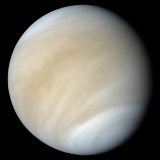
Venus
The second planet from the Sun, Venus is extremely hot and steamy all the time. Appropriate given that it's named after the Roman god of love and sex.
Read more
Earth
Our home planet, third from the Sun, is the only one not named after an Ancient Greek or Roman god. Earth's name comes from eorþe, Old English for ground.
Read more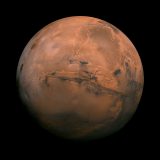
Mars
The fourth planet from the Sun, Mars is the second most studied planet after our own, and is named after...
Read more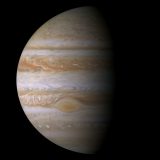
Jupiter
Easily the biggest planet in our solar system, and is about 10 times larger than the Earth, but a tenth...
Read more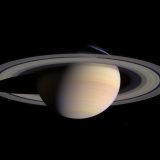
Saturn
With its beautiful ring system, Saturn is probably the planet that captures our imaginations the most. Primarily made up of...
Read more
